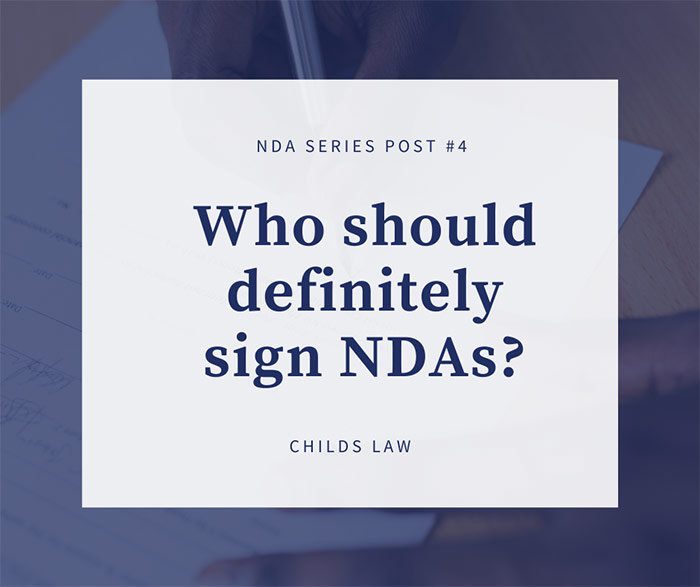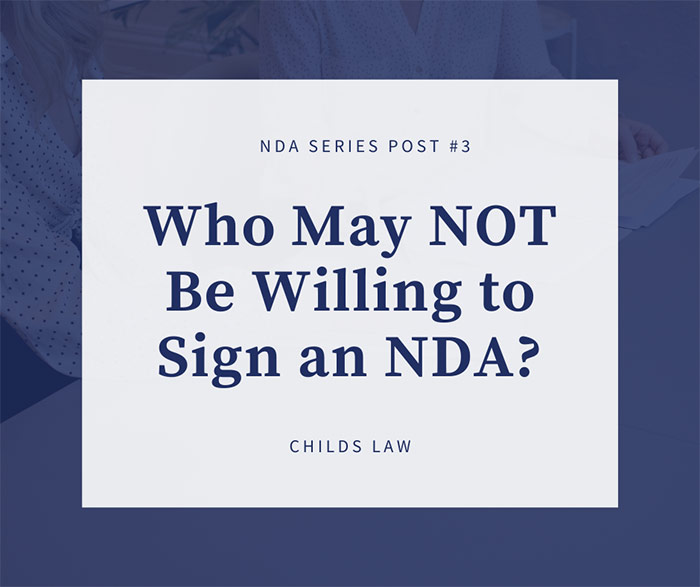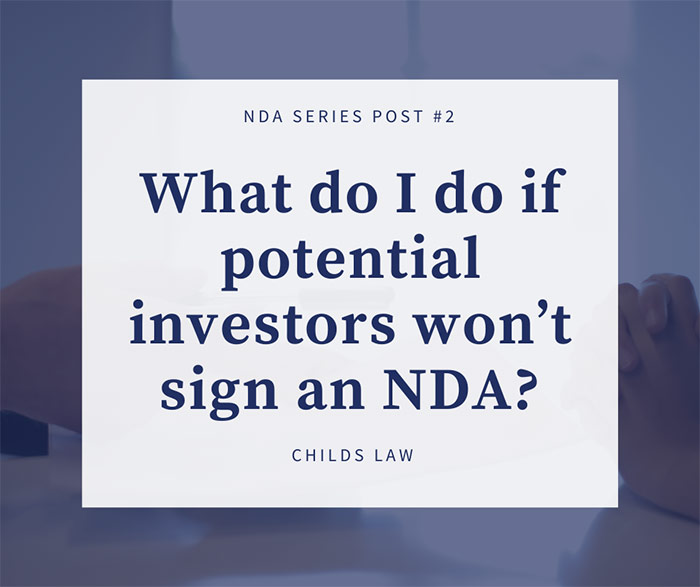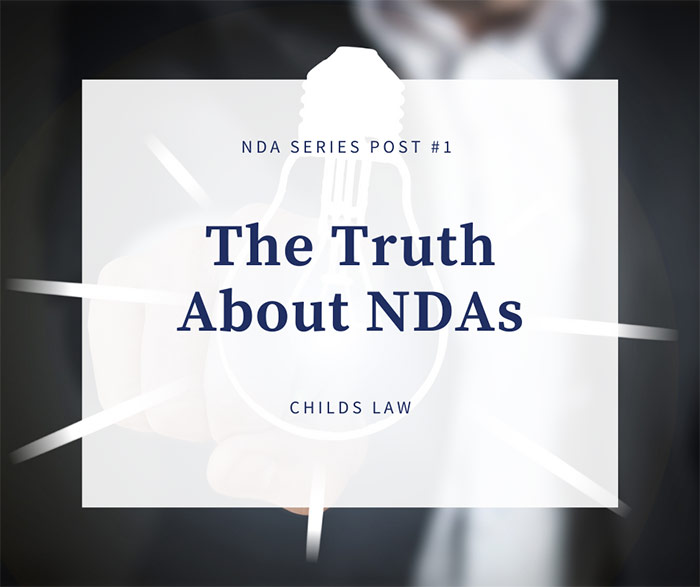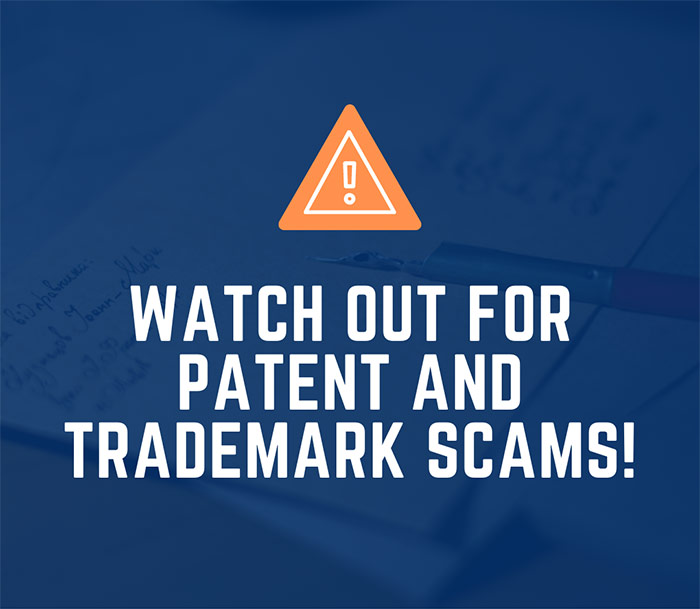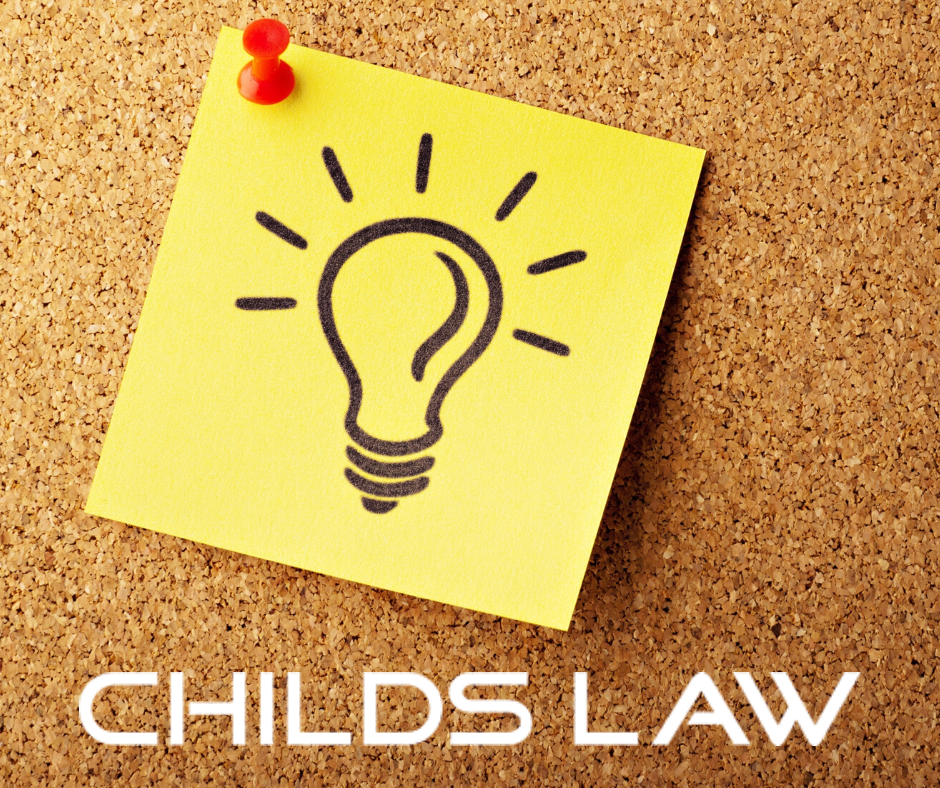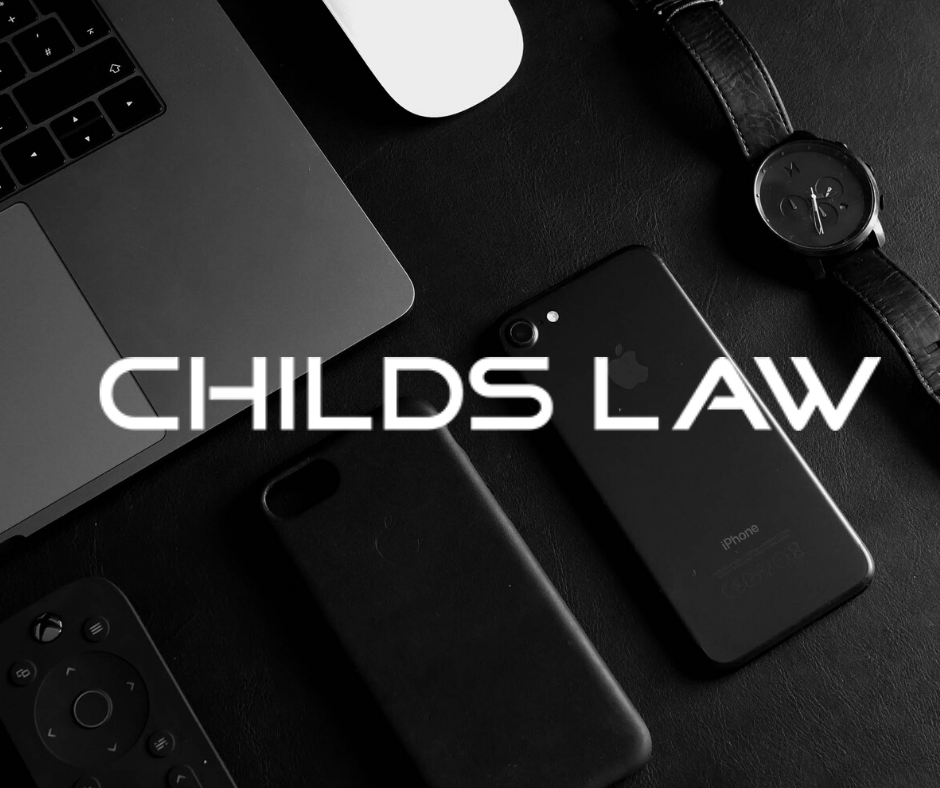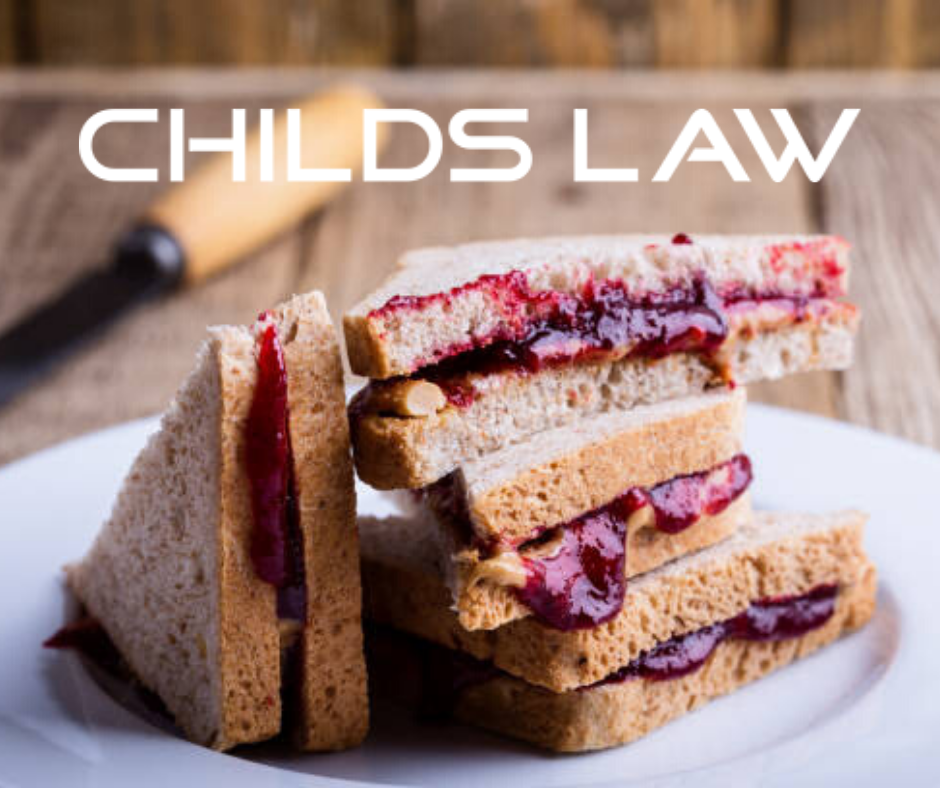Who Should Definitely Sign NDAs?
Of course, all employees, collaborators, and contractors should sign NDAs. That is standard practice. But these are a few people you might not have thought of: Manufacturers, Engineering Consultants, and Testing Facilities Are you freaking kidding me? I cannot tell you how many entrepreneurs will get or try to get their mother, their patent attorney, and every venture capitalist (VC) they meet to sign their NDA – and then they do not require the person helping them manufacture their invention to sign the NDA. Your soccer mom, patent attorneys, and VCs usually do not have the equipment, contacts or desire to steal your idea and start competing against you. A contract manufacturer or engineering firm usually has ALL of the equipment and contacts necessary to make your product. That was the whole point of contacting them in the first place. Do not be fooled by the “free consultation.” Without a contract in place, they can easily steal your invention and start competing against you. Co-Founders, Partners, Co-Owners Most entrepreneurs require their employees to sign an NDA. But they do not think to have their co-founder, partner, or co-owner sign an NDA. The reasons for this range from “we’re such good…
